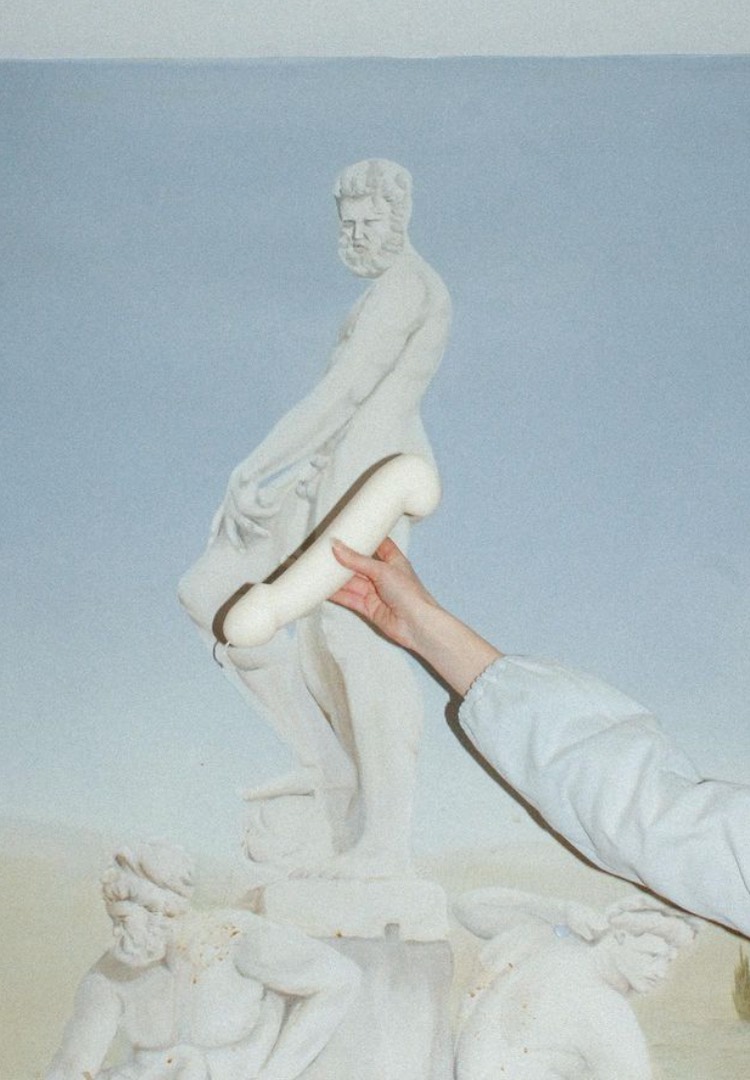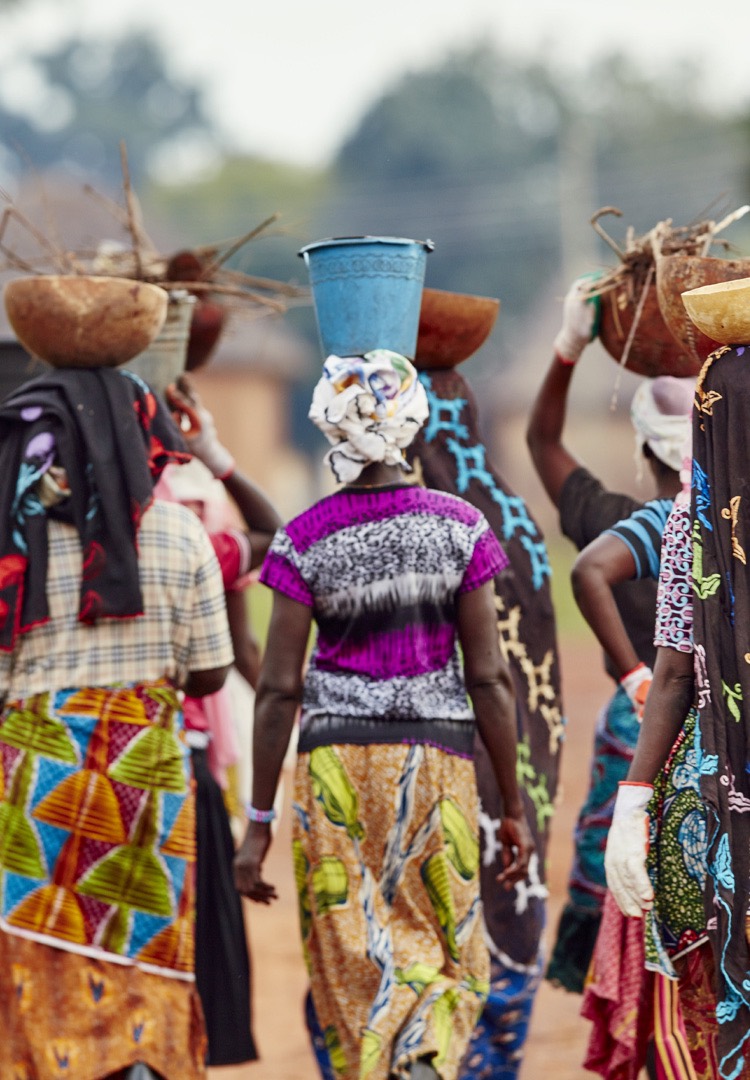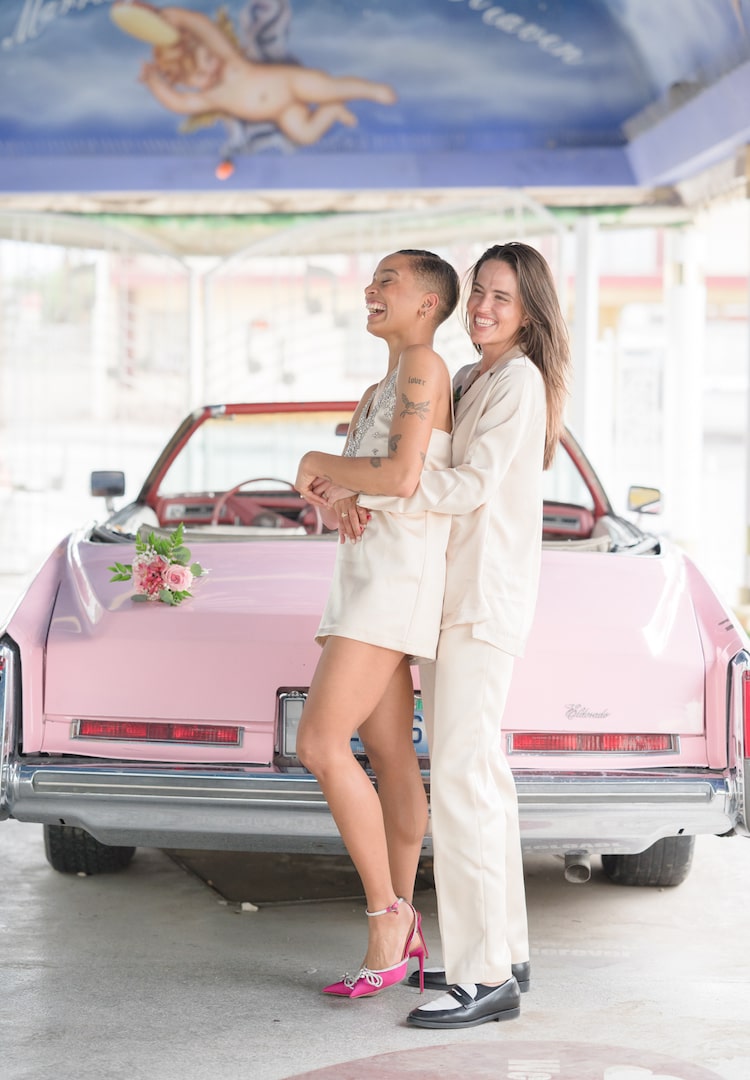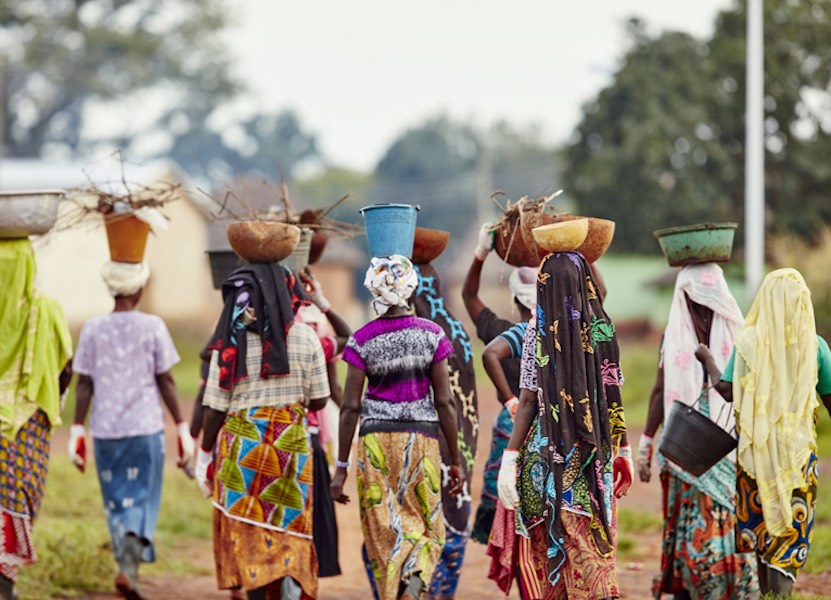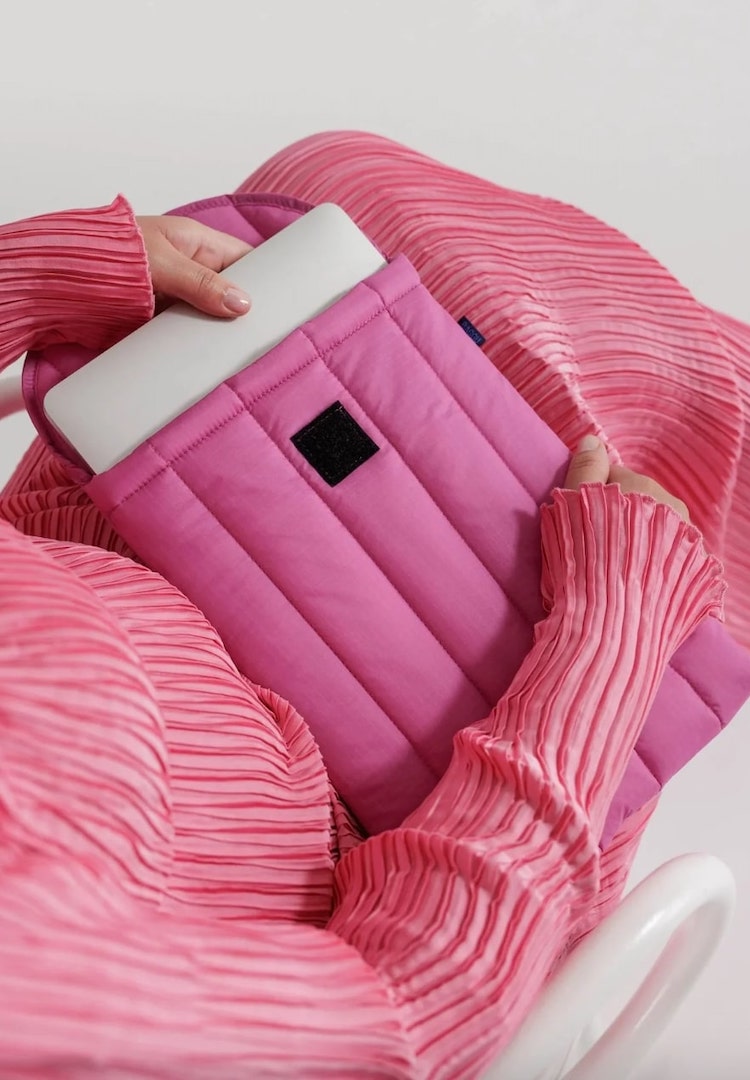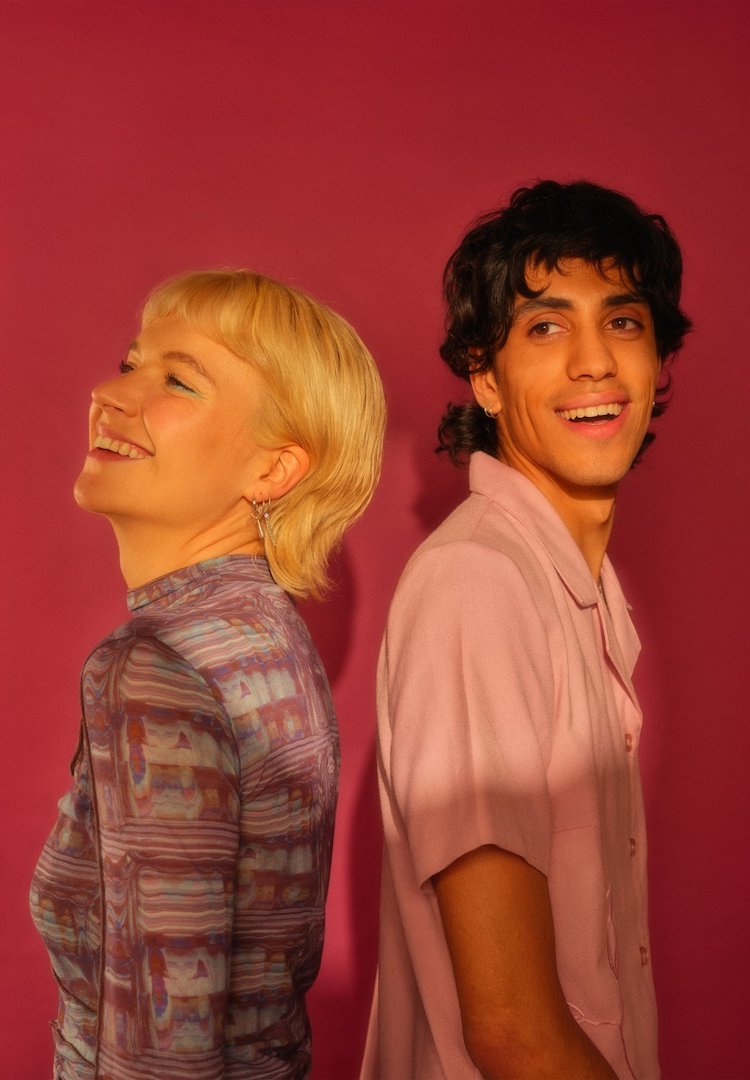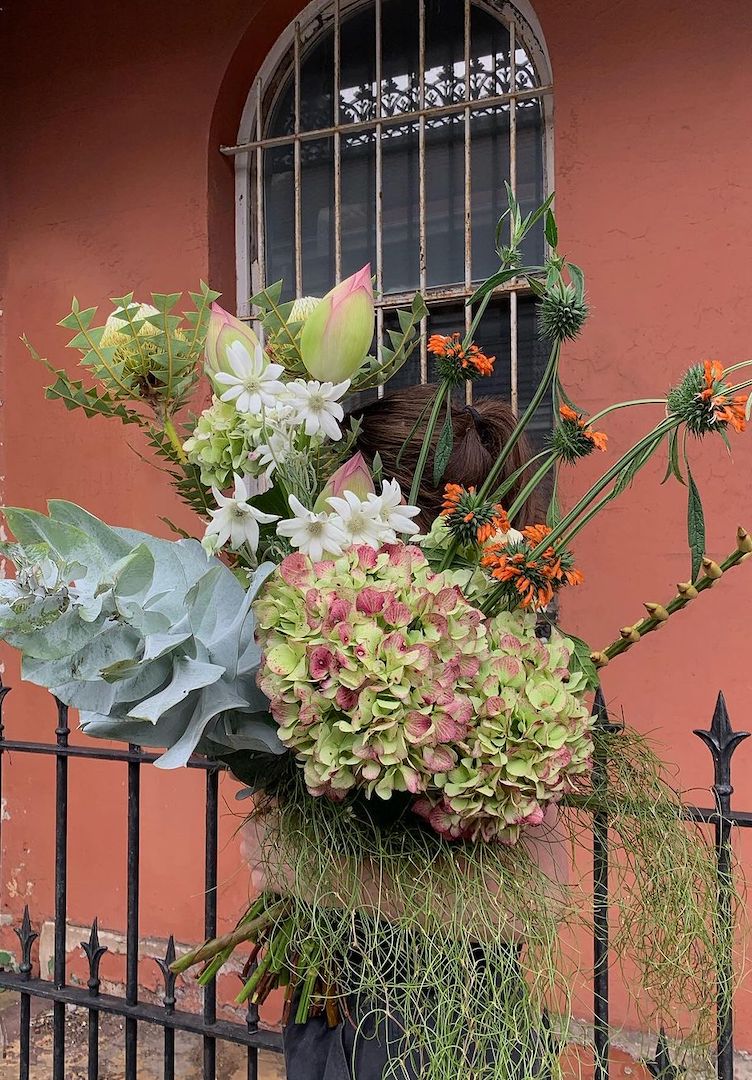Here’s why it’s important to consider Fair Trade this gifting season
IN PARTNERSHIP WITH THE BODY SHOP
WORDS BY THE BODY SHOP
Giving a hand up, rather than a handout.
This article was originally published in The Body Shop’s New Times newspaper.
Have you felt that jolt of gladness when someone reacts with real joy to a gift you have given them? The act of giving can make you feel so good, it can actually lower your blood pressure. But not all gifts are created equally, and not all gifts are as thoughtful as they appear. Some gifts dazzle us with their must-have allure but are harmful in very real ways.
They contribute to landfill, harm animals, enable poor working conditions and more. As consumers demand more of businesses, it’s tempting for many to make big claims or find ways to pay lip service to the very real environmental and human impacts that producing and selling any product has.
Interested to hear how others navigate the world? Head to our Life section.
Hardly a day goes by without a headline about a business that’s been found out by increasingly savvy consumers. On the other side of the coin are businesses taking a holistic approach to how they operate, considering supply chain, sourcing, packaging, how the product is disposed of, and everything in between.
Giving a hand up, rather than a handout
The Body Shop is a pioneer in this way of doing business. Founder Dame Anita Roddick set the bar high with a business model that relies heavily on sustainable, ethical and mutually beneficial business partnerships around the globe. In developing the company’s Community Fair Trade program in 1987, Roddick created a cascading ripple of benefits from the shopper all the way to how people live and work all around the world.
The cascade starts with high-quality, ethical and sustainable ingredients and packaging made by skilled artisans using traditions and methods sometimes hundreds of years old. In return for the highest quality of products, locals are paid a fair price, women are treated equally, girls are protected and community projects and services such as education, childcare, healthcare and safe water are initiated and managed by empowered locals.
The program is underpinned by long-term trade partnerships, many of which have been in place for decades and are all direct relationships with
The Body Shop. This enables the company to have an authentic and personal connection to producers and suppliers, their families and communities all over the world.
Lee Mann, Head of Community Fair Trade at The Body Shop, explains how deeply embedded the program is in their business. “Anita Roddick said ‘If you can’t hear the voice of the farmer in everything that you do, then what you do is wrong’. In this regard, I have Anita sitting on my shoulder reminding me that when we make decisions that are right for our customers and our business, we must also consider how those decisions will affect our Community Fair Trade partners. This is a daily reminder to bring their perspectives and knowledge into the boardroom discussion.”
It’s never been more important to look beyond what companies say, at what they do. And the power is in our hands. You should ask yourself the following three key questions when purchasing something: Who made it, and were they paid fairly? How were the ingredients or materials sourced? How long will this item last?
Five minutes of research
You’re not on your own. Fantastic resources abound for helping you find out what’s real and what’s lip service. B-Lab Australia and New Zealand has a global directory of certified B Corps. Good On You rates fashion brands across multiple factors and breaks down their claims and certifications in a simple, visual way. And a quick online and social media search will always help.
The Body Shop has published a great resource to help you learn and shop more ethically. Grab a copy of The New Times at The Body Shop stores nationally and at pop-up newsstands at Emporium and Westfield Chermside.

